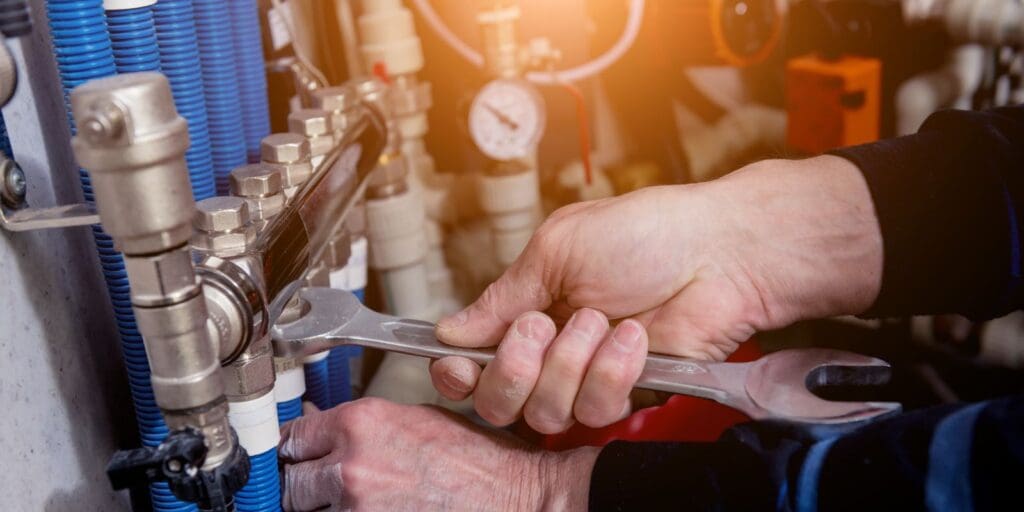Evolving heating regulations create a dynamic environment where informed decisions are paramount. Uncertainty can lead to costly missteps, but proactive adaptation unlocks new opportunities. This article provides a clear roadmap of the 2025 changes and beyond, empowering you to navigate the challenges and capitalise on the emerging landscape.
The Reversal of the 2035 Gas Boiler Ban
In early 2025, the government scrapped its plan for a complete gas boiler ban by 2035, replacing it with a more flexible policy. The emphasis has shifted from outright prohibition to encouraging low-carbon alternatives through incentives and gradual replacement schemes.
For your business, this means you no longer need to phase out gas boiler installations entirely. However, you will need to demonstrate that you understand when and where heat pumps or hybrid systems make sense for customers – particularly in new builds and well-insulated homes.
Introduction of the Clean Heat Market Mechanism Regulations 2025
From April 2025, the Clean Heat Market Mechanism (CHMM) will require boiler manufacturers to sell a minimum proportion of heat pumps alongside their boilers.
As a result, manufacturers will likely pass pressure down the supply chain, encouraging you to upskill in heat pump installation if you haven’t already. You need to review your product partnerships now. Work closely with suppliers to understand how their product mix will shift and how they plan to support you with training, marketing materials, and technical guidance.
Implementation of the Heat Networks (Market Framework) (Great Britain) Regulations 2025
Heat networks will soon operate under stricter rules designed to protect customers and standardise performance.
From 2025, operators will face licensing requirements enforced by Ofgem. If you install, operate or maintain heat networks, you need to prepare for this regulatory step change.
Start by auditing your existing networks against expected licensing conditions, including price transparency, service reliability and carbon performance. Customers will expect clearer explanations of their costs and options, so you should also revisit how you communicate tariffs and service agreements.
Evolving Technical Standards for Heat Networks
Alongside new market rules, the government will also introduce a Technical Assurance Scheme (HNTAS) to raise build quality across new and existing heat networks.
The scheme will set benchmarks for everything from design and installation to ongoing performance monitoring of central heating systems. To meet these, you may need to update your design calculations, material choices and commissioning processes. Investing in accredited training could also give your business an edge when tendering for large projects.

